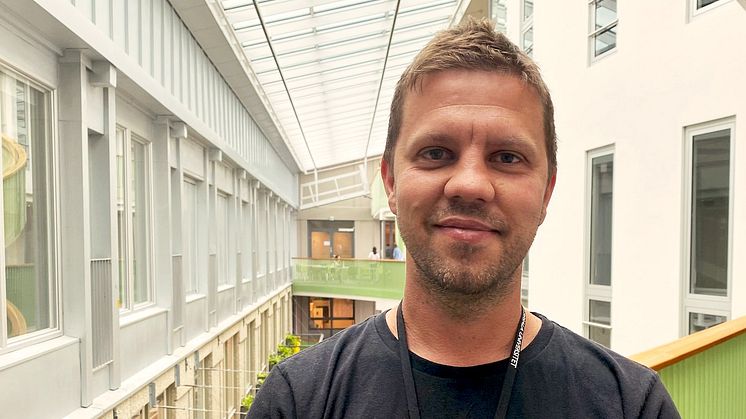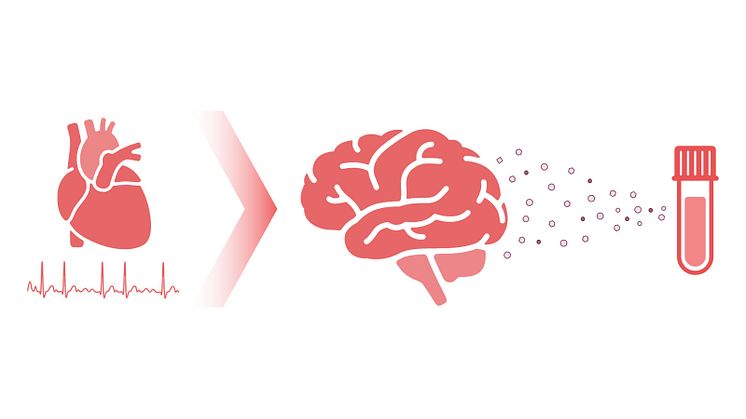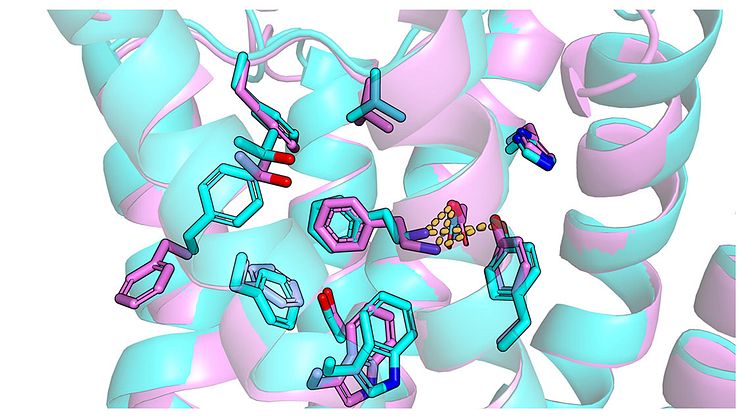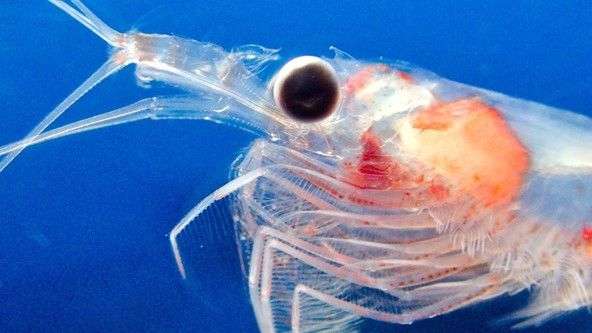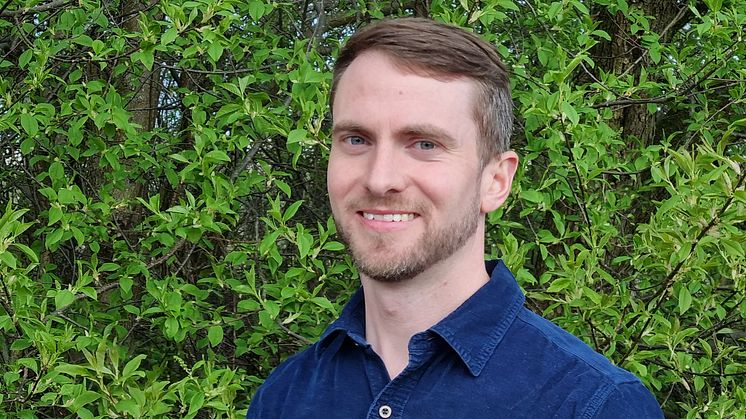Cow slime can help disc herniation patients after surgery
Researchers at Uppsala University have developed a gel inspired by cow slime for patients suffering from disc herniation. By adding the mucin gel immediately after surgery, it is possible to create a protective barrier around the discs to prevent the immune system from attacking their nucleus pulposus. This keeps the discs intact and reduces the risk of further damage.



